Per Page:
-
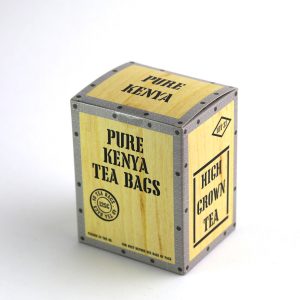
All Tea Bags
£2.92 – £4.31 Select options -
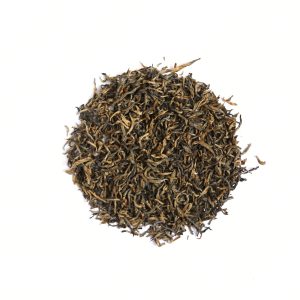
Assam Golden Tip
£20.53 – £42.55 Select options -
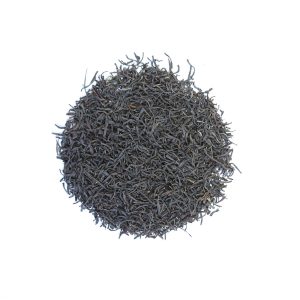
Assam Tippy Orthodox Tea
£2.45 – £45.39 Select options -
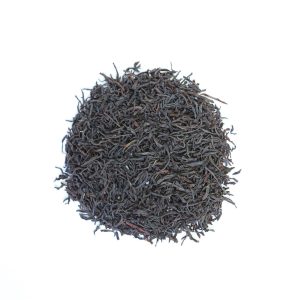
Ceylon Dimbula Orange Pekoe Tea
£4.49 – £42.23 Select options -
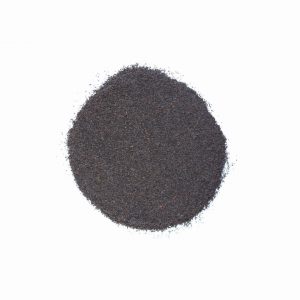
Ceylon Dimbula Tea
£2.79 – £27.49 Select options -
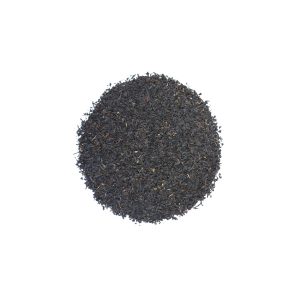
Ceylon Kandy Tea
£3.01 – £27.49 Select options -
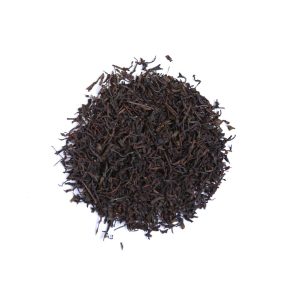
Ceylon Nuwara Eliya Orange Pekoe Choicest
£4.35 – £40.47 Select options -
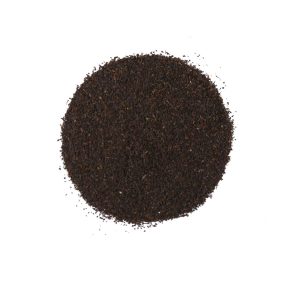
Ceylon Nuwara Eliya Tea
£3.01 – £27.49 Select options -
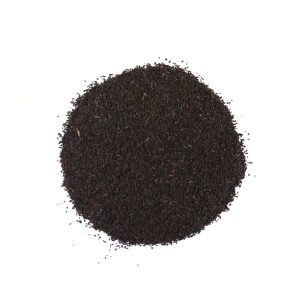
Ceylon Uva Tea
£4.73 – £42.00 Select options -
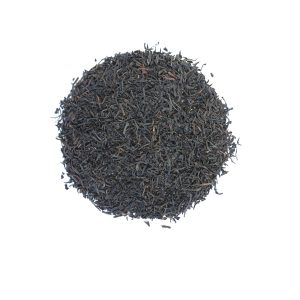
Ching Wo Tea
£2.35 – £45.09 Select options -
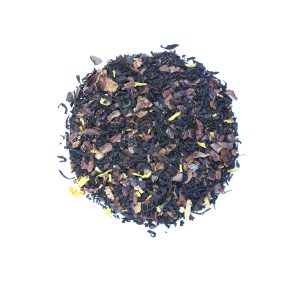
Chocolate Tea
£3.18 – £46.90 Select options -
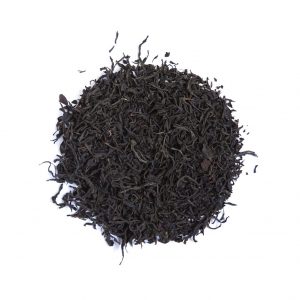
Chunbo Myung Black Tea
£99.86 Select options
